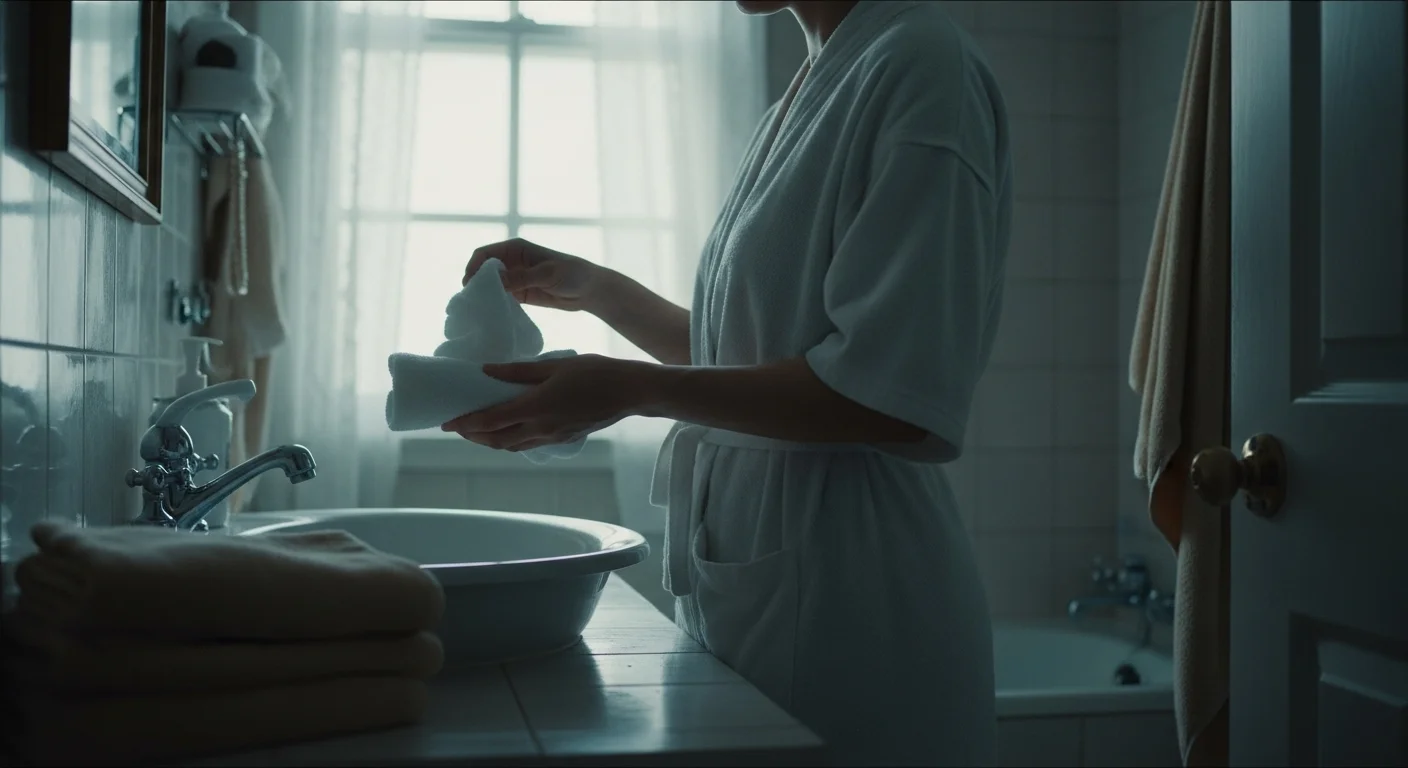## How Long Should It Take to Pee? Understanding Healthy Urination Habits
The time it takes to urinate can be a surprising indicator of your overall health. While it's not something most people consciously track, paying attention to your urination habits can provide valuable insights into your urinary system's function.
A study, which even earned a humorous award for its scientific insight, analyzed urination videos of various animals. The researchers proposed a "Law of Urination," suggesting that it takes an average of 21 seconds for a mammal weighing around 3kg to completely empty its bladder. While this is a fascinating observation, how does it translate to human urination habits?
## Normal Urination Frequency and Volume
On average, a human bladder can hold approximately 400 to 600 ml of urine. A healthy urination frequency generally ranges from 4 to 8 times per day. Deviations from this norm, such as urinating too frequently, infrequently, or taking an unusually long time, could signal an underlying issue.
## What's Considered Too Long? The Dangers of Holding It In
If you consistently find yourself taking an extended period to urinate, it could be related to a habit of holding your urine for too long. A urologist at a hospital cautions against regularly waiting until you feel an urgent need to urinate. While holding it in can sometimes be used as a retraining technique for individuals with overactive bladder syndrome, making it a regular habit can have negative consequences.
Holding urine for extended periods can be painful and potentially worsen existing urinary tract infections. Furthermore, frequent retention can stretch the bladder, potentially impacting its long-term function.
## The Opposite Problem: Urinating Too Frequently
Conversely, urinating too frequently can also be problematic. Experts suggest that habitually emptying the bladder even when the urge isn't strong can train it to signal the need to urinate unnecessarily. This can lead to an undesirable pattern of frequent urination.
Overloading the bladder can have serious consequences. In a notable incident, a man in his 40s experienced a bladder rupture after falling asleep for 18 hours without urinating after consuming a large amount of beer. He required immediate surgery to repair the damage.
## The Perils of Phone Use During Urination
Another harmful habit to avoid is using your smartphone while in the restroom. A family medicine specialist warns that prolonged sitting on the toilet while distracted by your phone can weaken the pelvic floor muscles. This can contribute to the development of hemorrhoids and, in severe cases, even rectal prolapse. Hemorrhoids are a common condition involving swollen veins in the anus and rectum, causing itching, pain, and bleeding. While already prevalent, experts suggest the increased time spent on the toilet due to smartphone use is quietly contributing to a rise in cases.
## The "Peegasm" Phenomenon: A Word of Caution
Experts also caution against the practice sometimes discussed online called "peegasm." This term describes a sensation of intense pleasure experienced when finally releasing urine after holding it for a prolonged period. While some might mistakenly view this as a harmless form of pleasure, professionals emphasize that habitually holding urine to achieve this sensation can have detrimental long-term effects on bladder health.
## Key Takeaways for Healthy Urination
* **Listen to your body:** Don't habitually ignore the urge to urinate.
* **Avoid prolonged toilet sitting:** Minimize distractions and avoid spending excessive time on the toilet.
* **Maintain a healthy frequency:** Aim for a urination frequency of 4-8 times per day.
* **Seek medical advice:** If you experience significant changes in your urination habits, consult a healthcare professional to rule out any underlying medical conditions.
By being mindful of your urination habits, you can proactively contribute to the health and well-being of your urinary system.




